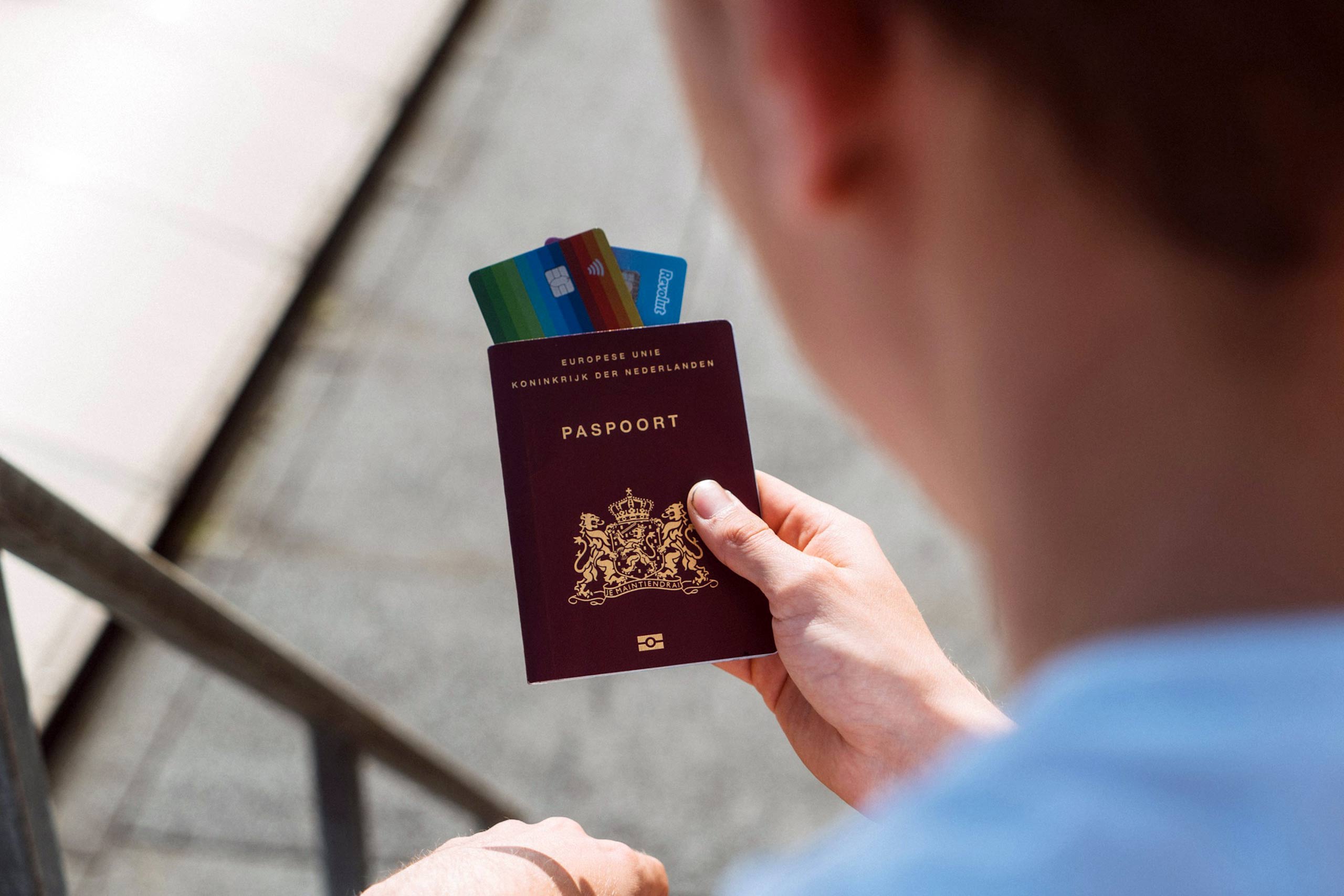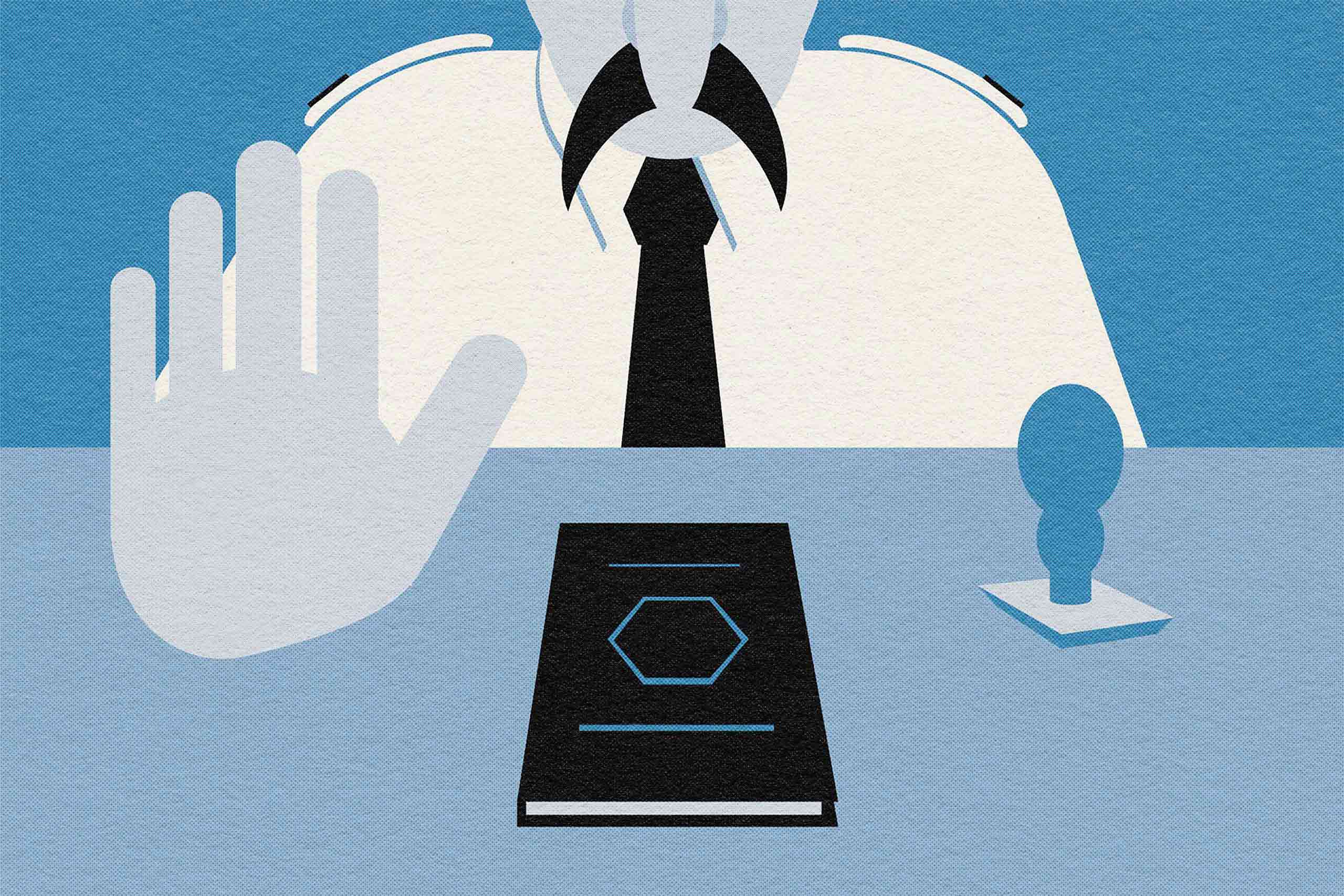Between complex new travel restrictions and overzealous border control, travel isn’t quite the breeze it once was. But then, maybe it was never supposed to be. In the latest edition of The Layover, Zack Cahill wonders whether cheap, frictionless travel is a historical blip that’s about to end — not with a bang, but with an admin fee.
Let’s consider the arc of the human race (briefly – my laptop charger is all the way across the room). For most of our history, the average person lived and died within walking distance of where they were born. International travel was almost unheard of for ordinary people until the mid-20th century. Only in the post-World War II years, when all those newly built railways and aircraft could be put to more peaceful use, did long-distance journeys become accessible to the masses.
Before that, unless you were an aristocrat, an exile, or, say, Genghis Khan, the horizon was the limit of your universe. These days, you can cross it for £30, as long as you’re not precious about legroom. Far from being a basic human right, this kind of mobility is one of the most fragile luxuries of the modern age, as British cartoonist Rebecca Burke recently discovered.
The 28-year-old was backpacking across America using Workaway, a site where travellers swap help for accommodation. But after attempting to cross into Canada, she found herself detained by U.S. Immigration and Customs Enforcement (ICE) for 19 days. Defying every stereotype about Canadian politeness, border control officials ruled that her volunteer gigs counted as “work” and denied her entry. U.S. officials then classified her as an “illegal alien” for having “worked” on a tourist visa and locked her up in an ICE facility in Tacoma.
While her situation was extreme, it highlights a growing reality: travellers can now find themselves trapped in legal limbo thanks to increasingly byzantine (and often inconsistent) border rules.
As someone whose own travel arrangements tend to occupy a similar grey area (“Oh, me? Just a tourist! Also, I’m taking detailed notes on your spa menu and whether your shower gels are organic, don’t mind me…”), I’ve got some skin in the game.

This kind of “administrative trap” disproportionately affects people who are young, freelance, or self-employed, and who might not fit neatly into “business traveller” or “tourist” categories. As the rise of remote work and (vomiting in my mouth here) “digital nomadism” blurs the line between business and leisure, artists, writers and freelancers are particularly vulnerable to falling foul of border control rules. From musicians getting their gear impounded mid-tour to remote workers accidentally violating visa terms, even expensive camera equipment can provoke intense border scrutiny.
For much of the past few decades, frictionless travel has been both a practical reality and a kind of quiet social contract, especially for citizens of wealthy, stable countries. If you had the right passport, the world was yours. But even before Covid-19 sent planes into mothballs, there were signs the deal was fraying. Take Brexit, for example, a colossal act of national self-sabotage that reduced UK citizens’ European freedom of movement to a 90-day countdown clock.
The post-pandemic bounceback in passenger numbers masks a more complicated picture: travel is still booming for those who can pay for convenience, but red tape is creeping back into the average traveller’s life.
The golden age of frictionless travel has never been universal. Just ask a Cuban if they fancy a weekend in Vegas, or a Palestinian if they fancy doing anything at all. Even with the right passport, the wrong face can be enough: a few years ago, I was entering the U.S. with a British-Indian friend. As a joke, I told him I’d meet him after he was “randomly” selected for questioning. Guess what happened next?
I think of a William Gibson quote often: “The future is already here. It’s just not evenly distributed. For much of my life – when it comes to travel – I’ve been living in the future, traversing the globe for a few hundred Pounds a pop, with little fuss and effort, and taking it for granted. This is, of course, the essence of privilege. No one’s going to break out the violins if fewer people can post a pic of their laptop on the beach over the caption “not a bad office for the day”.
I don’t know how this will all turn out. Could there be a world where influencers are shipped off to Guantanamo for posting hotel #sponcon without a visa? We can but hope. But I know this: Things that seem permanent in the moment are rarely that. The Roman Empire, the divine right of kings, and even Neighbours came to an end eventually. Cheap and easy travel, for all we know, might be next.
Illustration by Martin Perry, photography via Unsplash






